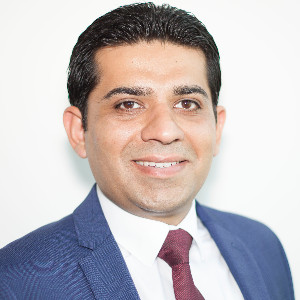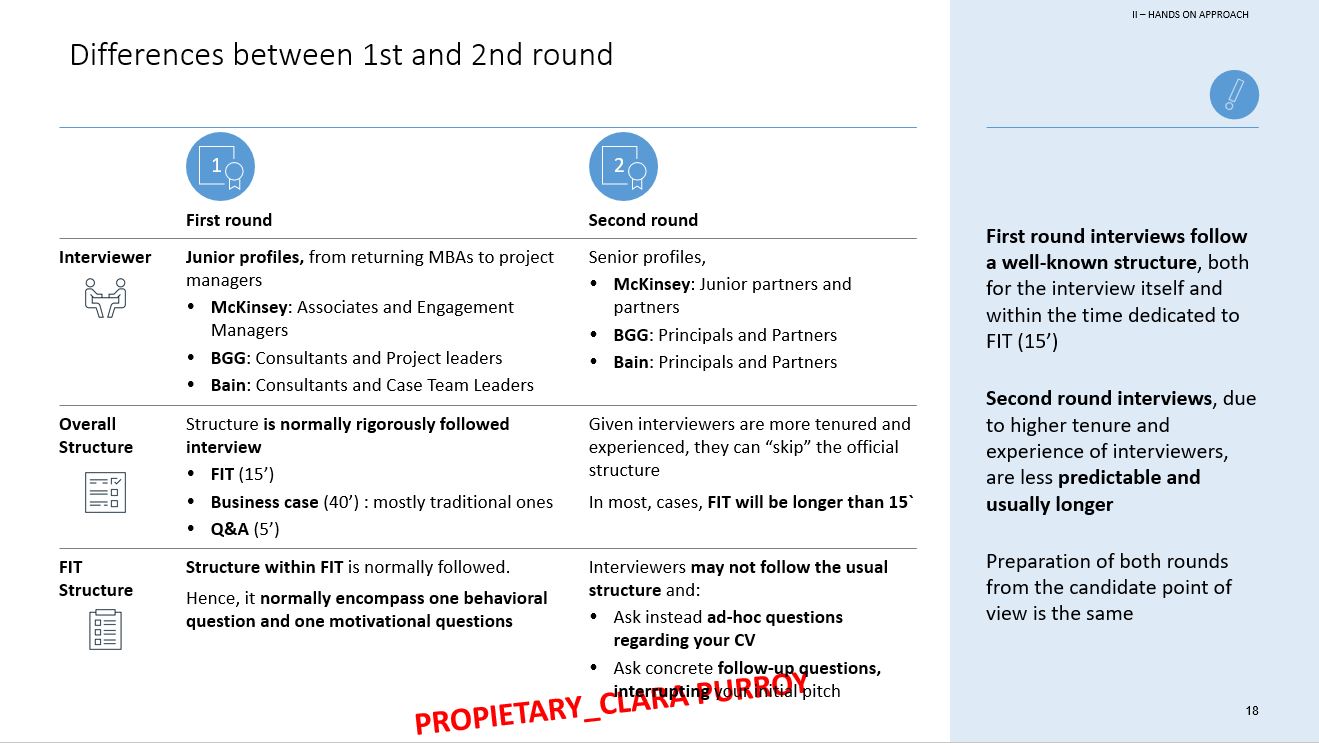Hi all,
Usually in Germany Mckinsey proceeds having a full day of first round Interviews (morning) and then if you have passed those you get the chance of having the second/final round in the afternoon. Due to the current situation they changed their interview process into two parts, one first round with 3 Interview via Videocall and then they will do a second round on a different date with 2 Videointerviews as well. After you have passed these two rounds, you will get the offer or be rejected.
So my question is, how do I prepare properly for this next round?
Thank you so much for your comments. Really appreciate them!









 recently published in PrepLounge´s shop (https://www.preplounge.com/en/shop/tests-2/integrated-fit-guide-for-mbb-34)
recently published in PrepLounge´s shop (https://www.preplounge.com/en/shop/tests-2/integrated-fit-guide-for-mbb-34)





